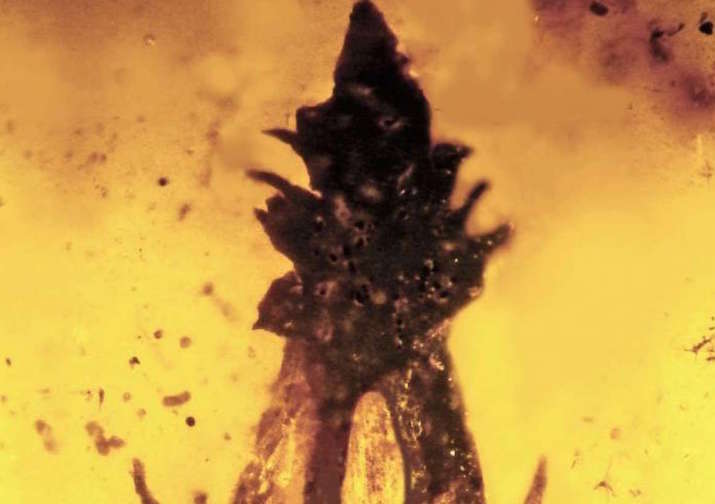Copied
Egypt Halts Hallucinogenic Wheat Shipment
Egypt's zero tolerance policy stance on a natural fungus found on wheat that causes hallucinogenic effects is being questioned as unrealistic.
Jan 28, 2016

Egypt has halted a French wheat shipment citing a zero tolerance policy towards ergot, a fungus that is naturally found in wheat that causes hallucinations, if ingested, in significant amounts potentially causing seizures after prolonged exposure.
The worldwide stance allows for one in 2,000 grains to have ergot, but Eid Hawash a spokesperson for the Agriculture Ministry, claims that Egypt has a zero tolerance policy towards the fungus.
Jay O’Neil, the senior agricultural economist for Kansas State Universities International Grains Program tells Bloomberg, "The problem with zero tolerance is that it is so absolute and can be a bit arbitrary. It could be possible to test numerous times for ergot and not find it and then test the next cargo and find it.”
Russia is currently the biggest seller of wheat to Egypt, but the country has standards which allow shipments to contain .05 of ergot. Egypt will have to turn to other, more expensive, countries to fuel it’s subsidized bread program. Egypt began receiving shipments from Argentina not long ago. Lisardo Gonzalez, wheat seed director at Buck Semillas SA, says “We can’t say Argentina is ergot-free but for sure we can say we haven’t seen ergot in our wheat crops for many, many years."
Gonzalez goes on to say “Egypt is making things difficult and more risky for suppliers and when that happens, the price always goes up."
Egypt, as with most things, has a documented history with ergot. Though they didn’t use it for it’s hallucinogenic qualities, papyrus dating from 550 BC details the process by which ancient Egyptians mixed ergot with honey and oil as a treatment for hair loss.
- Previous Article Egyptian Fighter Jet Crashes Killing Two
- Next Article 10 Strictly Egyptian Moustaches That Will Inspire You This Movember































